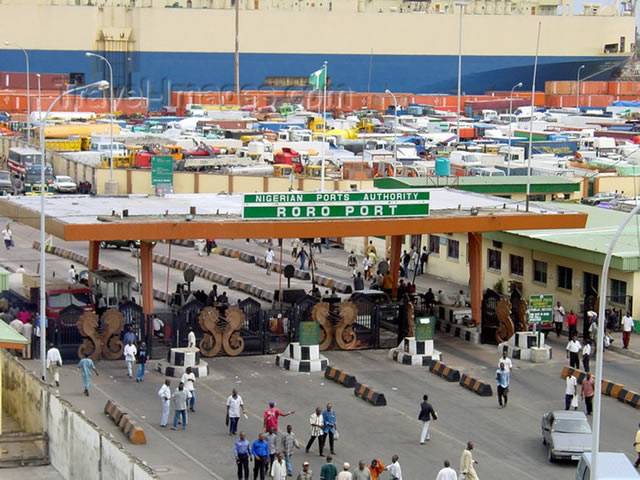A recent United States government report has highlighted significant concerns regarding Nigeria’s trade practices, particularly focusing on persistent trade barriers and widespread corruption at the nation's ports. The report, which forms part of the 2024 National Trade Estimate on Foreign Trade Barriers, points to ongoing challenges that have hindered business operations and economic growth.
According to the findings, Nigeria’s high tariffs, inconsistent customs procedures, and frequent regulatory changes create an unfriendly environment for both local and international businesses. The report specifically noted that unnecessary delays, excessive paperwork, and unofficial fees at ports remain major hurdles for investors and importers.
In addition to these barriers, the report emphasized the impact of corruption at Nigerian ports, describing it as a major obstacle to smooth trade. It cited numerous complaints from U.S. businesses about having to pay bribes to expedite shipments or avoid arbitrary fines. These practices, the report warns, not only deter foreign investment but also inflate the costs of goods and services in the country.
Furthermore, the report called on the Nigerian government to implement more transparent and consistent trade policies. It recommended reforms aimed at reducing bureaucracy, simplifying port operations, and enforcing stricter anti-corruption measures to rebuild confidence among international trade partners.
Trade experts have long argued that Nigeria’s vast market potential is undermined by its cumbersome trade processes. They stress that unless these structural issues are addressed, Nigeria risks losing its competitive edge in the West African region.
In response to previous criticisms, Nigerian authorities have introduced several reforms, such as the automation of port operations and the establishment of anti corruption task forces. However, the U.S. report suggests that these measures have not yet yielded the desired results at the scale needed to transform Nigeria’s trade landscape.
The report comes at a critical time when Nigeria is seeking to boost its non-oil exports and attract more foreign direct investment under its current economic recovery plans. Analysts believe that taking concrete steps to address the highlighted issues could significantly improve Nigeria’s global trade standing and help drive sustainable economic growth.
For now, international observers and local stakeholders alike will be watching to see whether Nigerian policymakers will prioritize tackling these long standing challenges.




No comments yet
Be the first to share your thoughts!